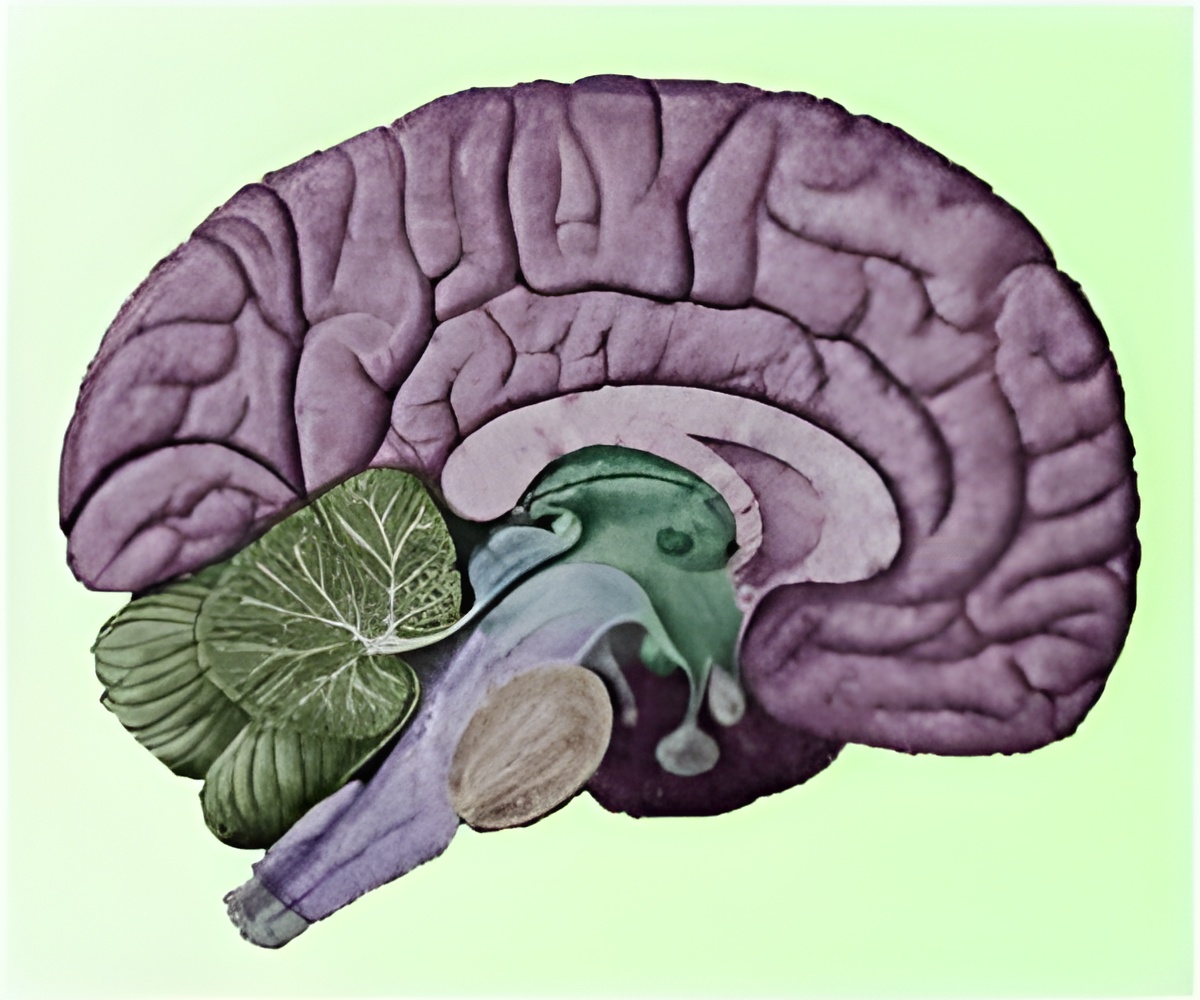Discovery of a mutated gene causing a rare type of brain tumor that can have devastating lifelong effects promises a well-established drug therapy to destroy the brain tumors.

The mutated gene, known as BRAF, was found in almost all samples of tumors called papillary craniopharyngiomas. This is one of two types of craniopharyngiomas-the other being adamantinomatous-that develop in the base of the brain near the pituitary gland, hypothalamus, and optic nerves. The papillary craniopharyngiomas occur mainly in adults; adamantinomatous tumors generally affect children.
The researchers identified a different mutant gene that drives the tumors in children. Drugs that target these adamantinomatous tumors are not yet clinically available, but may be in the future, said the researchers.
"From a clinical perspective, identifying the BRAF mutation in the papillary tumors is really wonderful, because we have drugs that get into the brain and inhibit this pathway," said Sandro Santagata, MD, PhD, a co-senior author of the paper. "Previously, there were no medical treatments-only surgery and radiation-and now we may be able to go from this discovery right to a well-established drug therapy." BRAF inhibitors are currently used in treating malignant melanoma when that mutation is present.
Priscilla Brastianos, MD, co-first author of the study, and Santagata said plans are underway to design a multicenter clinical trial to investigate the efficacy of a BRAF inhibitor in patients with papillary craniopharyngiomas.
Craniopharyngiomas occur in less than one in 100,000 people. They are slow-growing tumors that don't metastasize, but they can cause severe complications, including headaches, visual impairment, hormonal imbalances, obesity and short stature. Even with expert neurosurgery, it is difficult to completely remove the tumors without damaging normal structures, and the tumors often recur.
Advertisement
One scenario, should the inhibitors prove successful in halting or reversing growth of the tumors, would be to test the drugs preoperatively with the aim of shrinking the tumor so less radical surgery would be needed, said Santagata.
A different mutation, in a gene called CTNNB1, was identified as the principal abnormality in the pediatric tumors, according to the report. This mutation causes overactivity in the beta-catenin molecular growth-signaling pathway. Unlike with the BRAF mutation, drugs that inhibit the CTNNB1 abnormality have not yet reached the clinic, but several groups are working on them, Santagata said.
Advertisement
The study has three co-first authors: Brastianos of MGH, Dana-Farber Cancer Institute, HMS and the Broad; Amaro Taylor-Weiner of the Broad; and Peter Manley, MD, of Dana-Farber/Boston Children's.
The research was supported by Pedals for Pediatrics and the Clark family.
Source-Newswise















